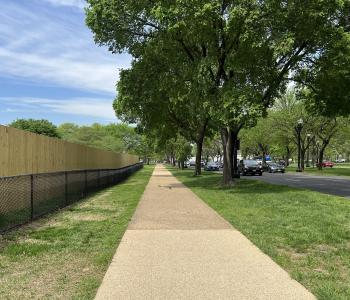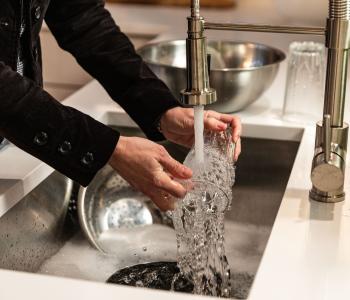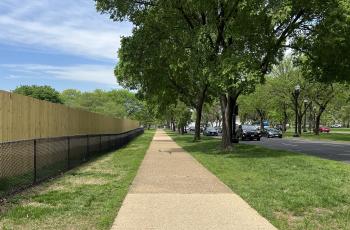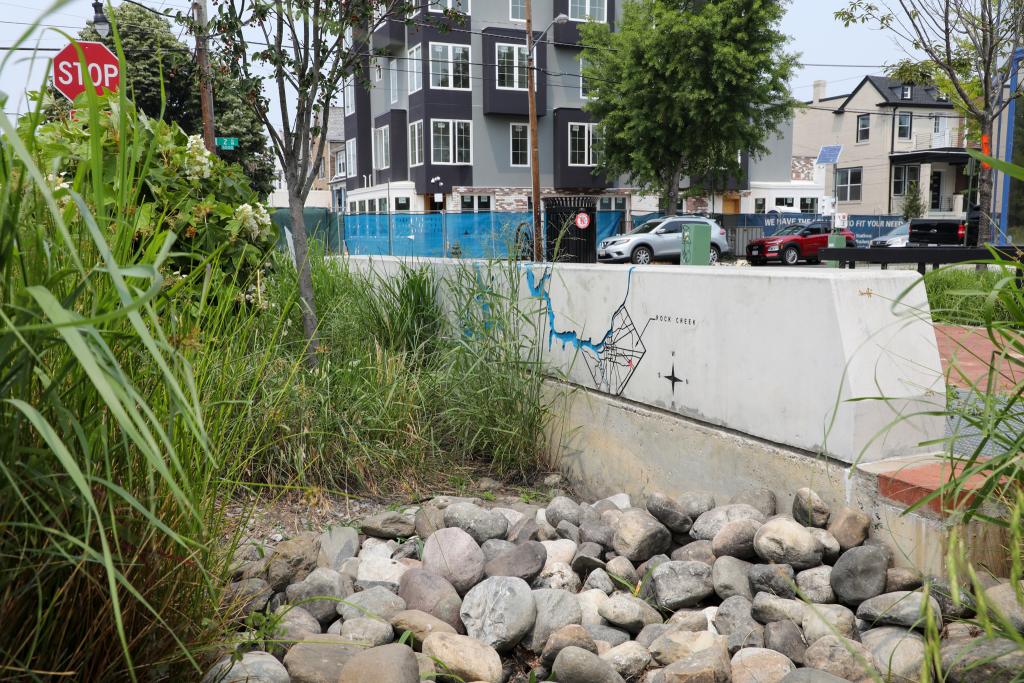DC Department of Health & DC Water Encourage Residents to Surrender Unwanted and Expired Medications The Drug Enforcement Administration Will Offer Local Collection Sites on September 25
Washington, DC The DC Department of Health (DOH) and the District of Columbia Water and Sewer Authority (DC Water) are encouraging District residents to participate in the Drug Enforcement Administrations (DEA) newest nation-wide effort to help improve the disposal methods of prescription drug medication. The DEA in conjunction with state and local governments, law enforcements, community, and public health organizations has announced a prescription drug Take-Back initiative for the District of Columbia, Virginia, West Virginia and Maryland areas.
Unused or expired prescription medications are a public safety issue, which can lead to accidental poisoning, overdose, and abuse. According to the DEA rates of prescription drug abuse in the U.S. are increasing at alarming rates, as are the number of accidental poisonings and overdoses due to these drugs. Studies show that a majority of abused prescription drugs are obtained from family and friends, including from the home medicine cabinet.
Residents should take advantage of this opportunity to properly dispose of their unwanted or old medications, said Dr. Pierre Vigilance, Director of DOH. By following safe and appropriate medication disposal methods, it will help reduce the likelihood of endangering our community and our environment.
The drug Take-Back initiative will help educate the public of proper medication disposal methods, as well as offer local take-back collection centers for people wanting to get rid of potentially dangerous expired, unused, and unwanted medicines. Collection centers will be facilitated by the Washington area DEA, who will work with state and local police departments throughout the region to help collect and destroy medications.
DC Water encourages the public to surrender all leftover or expired pharmaceuticals to ensure safety for people, the environment and our waterways. We hope residents will turn in their unused and unwanted medications for safe collection and disposal, instead of flushing them down the drain, said DC Water General Manager George S. Hawkins. Most medications that are flushed down the sink or toilet end up in our rivers and streams. This initiative helps to protect our waterways and preserve aquatic life.
The DEA will offer several collection sites this Saturday, September 25th from 10 a.m. to 2 p.m. The service is free and anonymous. Below is a list of collection sites in the District of Columbia.
FIRST POLICE DISTRICT
101 M STREET, S.W.
WASHINGTON, DC 20024
FIRST DISTRICT SUBSTATION
500 E STREET, S.E.
WASHINGTON, DC 20003
SECOND POLICE DISTRICT
3320 IDAHO AVENUE, N.W.
WASHINGTON DC 20016
THIRD DISTRICT SUBSTATION
1620 V STREET, N.W.
WASHINGTON, DC 20009
THIRD DISTRICT SUBSTATION
750 PARK ROAD, N.W.
WASHINGTON, DC 20010
FOURTH POLICE DISTRICT
6001 GEORGIA AVENUE, N.W.
WASHINGTON, DC 20011
FIFTH POLICE DISTRICT
1805 BLADENSBURG ROAD, N.E.
WASHINGTON, DC 20002
SIXTH POLICE DISTRICT
100 42ND STREET, N.E.
WASHINGTON, DC 20019
SEVENTH POLICE DISTRICT
2455 ALABAMA AVENUE, S.E.
WASHINGTON, DC 20020
For more information on collection sites in surroundings areas, visit www.dea.gov.





